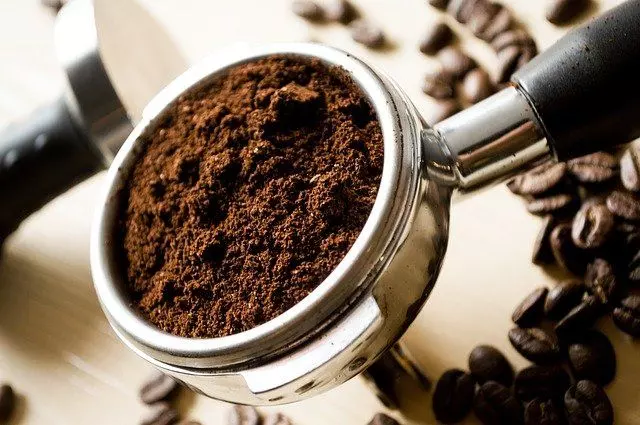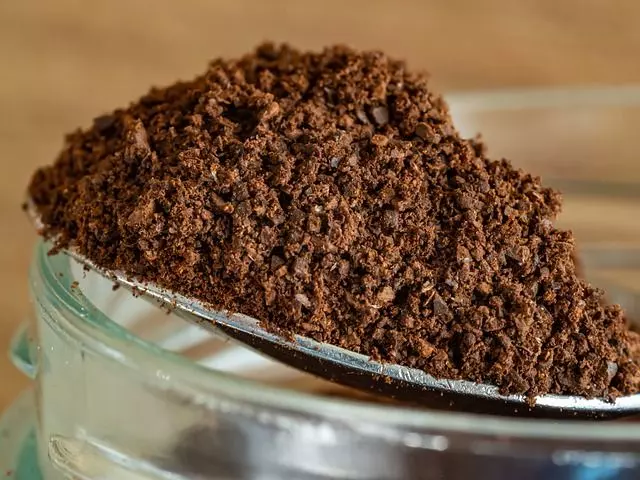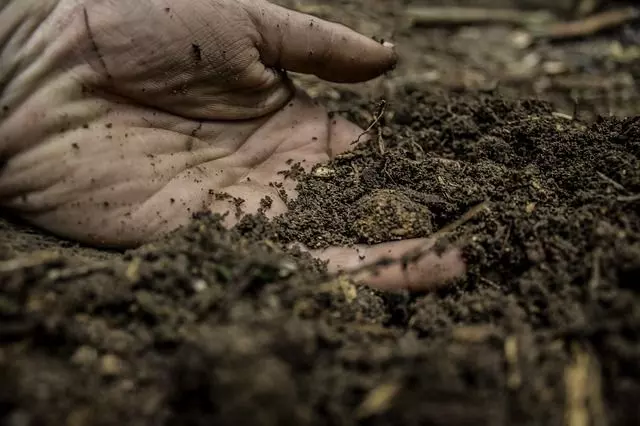The remains of coffee and breakfast, in general, are usually a real treasure to fertilize plants, whether they are ornamental or edible. If on the one hand, the skins of the fruits are ideal for composting, coffee is not far behind. Continue reading to learn all about coffee grounds for plants in this post.
We could say that composting is ecological, and in a way, it would be, since the use of the coffee remains for the plants means recycling food, although this would have to be organic to be considered truly ecological when it comes to fertilizing a garden that is itself organic.
Table of Contents
Used Coffee Grounds for Plants
In this post, we will see different ways to take advantage of the remains of coffee grounds to feed plants or to use them as a natural pesticide, among other uses that will help us practice more sustainable gardening.
As a first step, before reviewing the different ways to take advantage of coffee grounds, it is important to keep in mind some practical tips that are key to their conservation. When storing the waste, whether in a plastic bag or a glass container, Tupperware, or similar, it must be dry, otherwise, the humidity can cause it to rot. Especially if we take a long time to use them.
Another thing is to take advantage of coffee grounds by throwing them into the compost pile, in which case we can add them as they are, dry or wet, taking into account that they are usually formed by adding layers of fresh and moist materials that alternate with other layers of dry materials.
Thus, whether it is as organic fertilizer mixed with the soil, as food for the worms in the compost, to form traditional compost, or as a repellent for garden bugs, coffee has different uses in the garden, among them the following.

How to Use Coffee Grounds for Plants
Coffee grounds have mainly two functions when added to compost for garden soil, vegetable garden, or potted plants:
Enriches the soil: fertilizing with compost regularly by mixing coffee grounds with the soil and compost can reduce the need for conventional fertilizer, and even make it unnecessary. It is also effective to pour the coffee grounds directly around the plants, together with the compost, both in pots and in larger gardens. The result will be a fertilizer that works like any other organic fertilizer, that does not acidify the soil in excess but rather is somewhat alkaline. To make liquid fertilizer, you will only have to mix it with water and let it stand overnight. You will obtain a liquid fertilizer that we can apply by way of irrigation or by applying it directly to stems and leaves.
Nitrogenizing the soil: Nitrogen is an essential nutrient for plant growth, and coffee grounds can be a valuable source of this nutrient for your plants. When used as a fertilizer or soil amendment, coffee grounds can provide nitrogen to the soil and promote healthy plant growth.
According to the University of Oregon used coffee grounds contain about 2% nitrogen by weight. However, the exact nitrogen content can vary depending on factors such as the type of coffee, brewing method, and the amount of water used.
Using coffee grounds as a nitrogen-rich fertilizer can benefit plants that require higher nitrogen levels, such as leafy green vegetables, flowers, and certain fruiting plants. It’s important to note that coffee grounds should be used in moderation and mixed with other organic matter or compost to avoid overloading the soil with nitrogen. As with any fertilizer, it’s always a good idea to perform a soil test to determine the specific nutrient needs of your plants.

Coffee Grounds to Scare Snails and Slugs
A thin layer of coffee grounds can help improve the soil in your garden, but the natural composition of the coffee also combines to act as a barrier to slugs, since it will not be easy for a slug or snail to move over a surface of ground coffee. It is practical to place it in a circle around the plant.
If you have slug problems in your garden, coffee grounds as you see will be your great ally because, also, caffeine is toxic for the slugs and snails, so they will not try to get near your plants or your home. You can use coffee grounds to put around your plants. But we advise you not to use a thick layer of coffee grounds because they could compact and create a solid crust that would not allow air or water to enter the roots for the plant to live. The idea is to use a thin layer of ground coffee.

Coffee Grounds for Compost
Feeding coffee grounds to worms in a compost system is a great way to utilize this nitrogen-rich material and support the composting process. Worms, particularly red worms (Eisenia fetida), are commonly used in vermicomposting, where they consume organic matter and convert it into nutrient-rich worm castings.
Coffee grounds can be a valuable food source for worms. They are high in nitrogen, which helps to maintain a balanced diet for the worms and promotes their growth and reproduction. Additionally, coffee grounds can increase the microbial activity in the compost, aiding in the breakdown of organic matter.
Coffee grounds should be added in moderation to prevent overfeeding the worms. A general rule of thumb is to limit coffee grounds to about 20% of the total composting material. Balancing the carbon-to-nitrogen ratio is crucial for a healthy compost system.
Final Conclusions
In summary, coffee grounds can be a valuable resource for plant growth and composting. They provide nitrogen, enhance composting processes, and support the health of beneficial organisms like worms. By using coffee grounds in moderation and in combination with other organic materials, you can harness their benefits to promote healthy plant growth and contribute to sustainable gardening practices.
